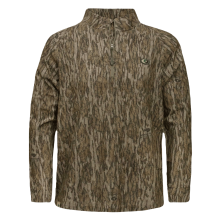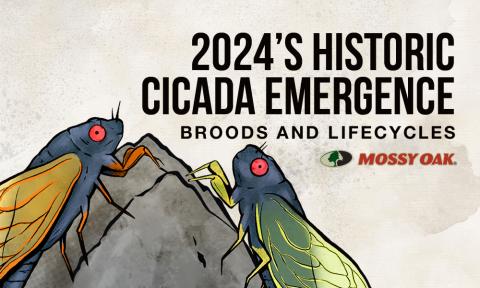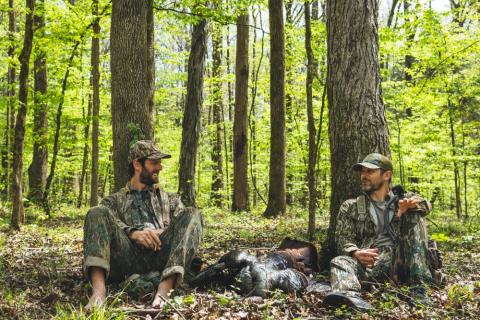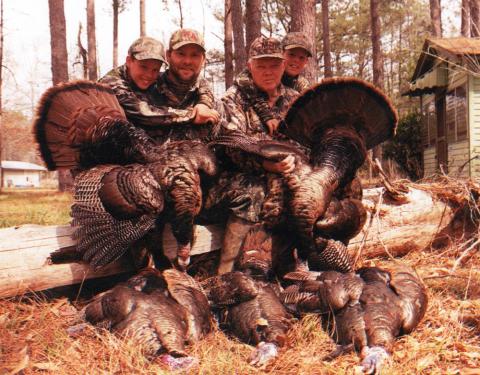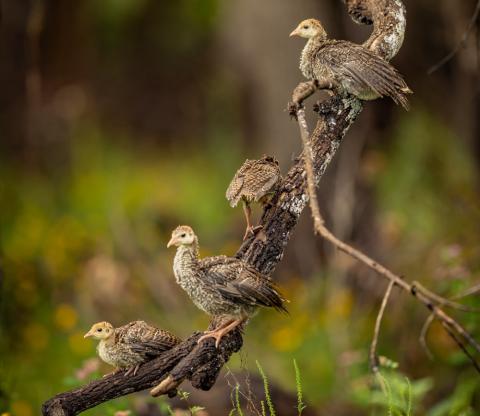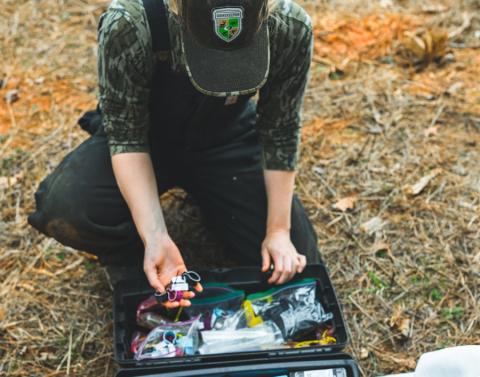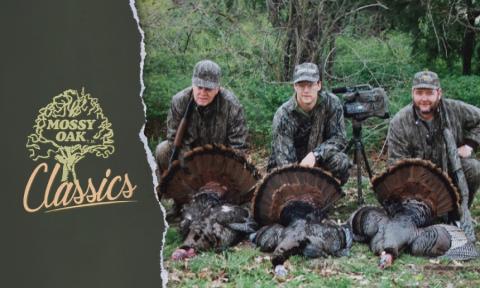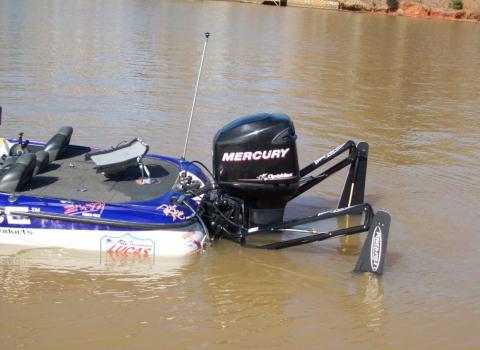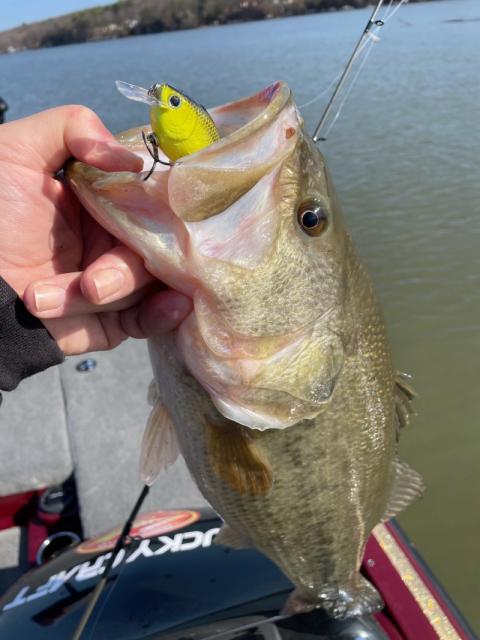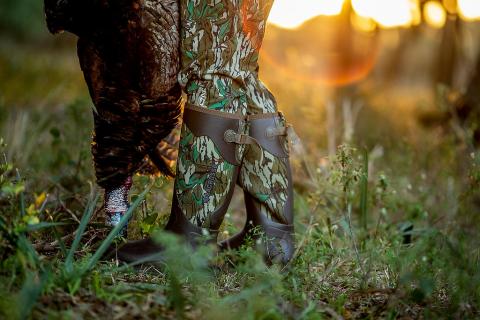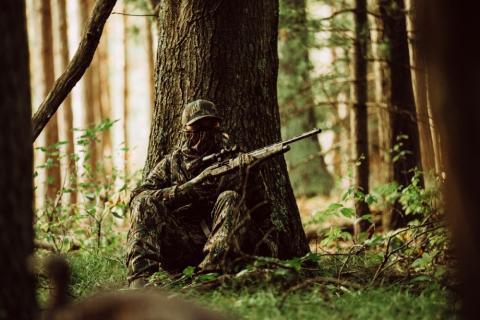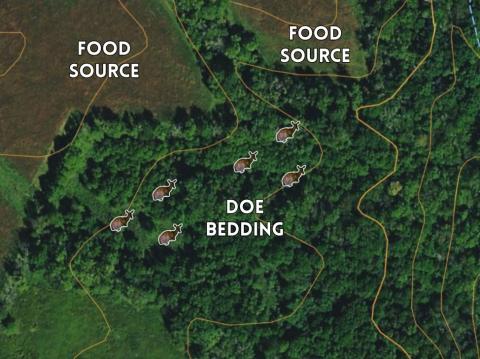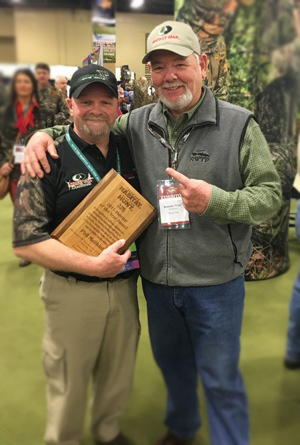 Editor’s Note: The greatest trophies a turkey hunter ever can take won’t be mounted on the wall, kept in a shoe box or put on display for all to see. The greatest trophy that a turkey hunter ever has is the memory of teaching others how to hunt and take turkeys. Philip Mailhiot of Westminster, Massachusetts, a Mossy Oak pro for 6 years, was the first person to ever be awarded the title of the National Wild Turkey Federation’s Mentor of the Year. Mailhiot serves on the Massachusetts State Board of the NWTF and holds several positions with the Central Massachusetts Chapter, including committee member, JAKES coordinator and Education Director. According to the NWTF, Mailhiot is a lifelong hunter and outdoorsman who is so passionate about his turkey hunting lifestyle that he makes it a priority to share it with others. Prior to the spring turkey season, he coordinates and teaches numerous hunting-education and turkey-calling programs and spends the majority of his hunting season each year mentoring new hunters - both youth and adults.
Editor’s Note: The greatest trophies a turkey hunter ever can take won’t be mounted on the wall, kept in a shoe box or put on display for all to see. The greatest trophy that a turkey hunter ever has is the memory of teaching others how to hunt and take turkeys. Philip Mailhiot of Westminster, Massachusetts, a Mossy Oak pro for 6 years, was the first person to ever be awarded the title of the National Wild Turkey Federation’s Mentor of the Year. Mailhiot serves on the Massachusetts State Board of the NWTF and holds several positions with the Central Massachusetts Chapter, including committee member, JAKES coordinator and Education Director. According to the NWTF, Mailhiot is a lifelong hunter and outdoorsman who is so passionate about his turkey hunting lifestyle that he makes it a priority to share it with others. Prior to the spring turkey season, he coordinates and teaches numerous hunting-education and turkey-calling programs and spends the majority of his hunting season each year mentoring new hunters - both youth and adults.
I'm a project supervisor for a construction company. My company is very understanding when I need to take off to go and teach. Now, teaching people to turkey hunt is far more important to me than the time I spend turkey hunting by myself. I'm often asked, “Where does this drive to educate the world on how, where, when and what to hunt turkeys with come from?” My response is that I learned to teach and help others from my dad. When I was growing up, my dad was the man in the neighborhood that everyone called “Uncle Bill.” My dad’s name is Philip William Mailhiot,my name is Philip Francis Mailhiot, and my son’s name is Philip William Mailhiot.
My dad was a sheet-metal worker and always said, “If I can get my hands on something that’s broken, I can fix it.” Dad was like the pied piper.Wherever he went, and whatever he did, he’d have about 12 kids around him all the time. They’d be asking,“What are you doing, why are you doing it, and how are you doing it?” When we’d go fishing, all the youngsters would ask Dad his advice on how to catch more fish. If we were pheasant or duck hunting, Dad would have a bunch of young people with him, teaching them how to hunt. So, I grew up with that group of kids that my dad spent time with and mentored. He taught them how to fix anything that was broken, how to catch any fish that swims in the streams, and how to hunt any critters we found in the woods.
When you're a youngster, you don’t really realize what you're learning until many years later. I didn’t realize my passion for mentoring, until I got a phone call from Ellie Horowitz,the director of education for the Massachusetts Department of Wildlife. Ellie and I became friends because of a piece of property we hunted together. She said, “The man who was teaching turkey hunting for our Women in the Outdoors program had to drop out, and we’d like you to take his place.” So, I told her, “Okay, I’ll do it.” I guess I've always been a teacher because that was what my dad was, even though he didn’t have a formal education or a teaching degree. I didn’t know how much I really loved teaching, especially teaching turkey hunting, until I was asked to teach the first time at the Women in the Outdoors program.
Each year, I teach or mentor over 200 men, women and children the sport of turkey hunting. Of that 200 people, I personally guide from five to 20 new hunters on their first turkey hunts. Someone once asked me, “What do you get out of all the time you spend teaching people to turkey hunt?” I guess the easiest way to explain why I love to teach turkey hunting comes from one of my students. A lady called me on the telephone, and I taught her how to call turkeys over the telephone. She’d practice calling. Then, she’d call me back and ask me how she could improve on her calling. Then one day she called and said, “I did what you told me to do, and I bagged a turkey.” Hearing the excitement in her voice, understanding how exciting and how much fun bagging a gobbler was for her and has been for me was the biggest reward I could have gotten.
When I take a youngster turkey hunting,he sees his first gobbler come in drumming, strutting and gobbling, I watch his eyes get as big as dinner plates, and then he whispers, “Is that for real?” I get far more joy from seeing him and watching him/her get excited seeing his first wild turkey. For me, that’s the ultimate reward of turkey hunting. When I take a man out on a high ridge that never has turkey hunted before, I yelp, a gobbler answers with a thunderous boom, and that man’s eyes light up, and a big smile comes across his face, then I know he's hooked on turkey hunting.I think to myself, “There's another hunter that’s on our side as turkey hunters.”
I'm on the board of the Massachusetts state chapter of the NWTF. Astrid Huseby is the officer in charge of education and retention for the Massachusetts Wildlife Department. She brought some statistics to our board meeting that showed that the number of hunters from ages 40-60 has remained the same over a period of years, but hunters 18-30 have dropped off drastically in the last few years.As the hunters in the 40-60 age group get older, they tend to drop out of the survey, and we’re not recruiting enough hunters in the 18-30 age bracket to replace them. So, once the hunters who are my age and older die off, there's going to be a tremendous loss of hunters who are interested in conservation and the sport of hunting. Also, they won’t be interested in buying hunting licenses, guns and ammunition. From her information, she said men in the 18-30 year-old-age group don’t know how to hunt or won’t ask to learn how to hunt. These statistics were for the State of Massachusetts, but she said she believed this could be a national trend.
One of the other factors she brought to light was that private hunting lands were becoming so expensive to lease that most hunters couldn’t afford to lease private lands anymore. So, with the number of hunters being reduced, and the amount of land they had to hunt being reduced, this was a major issue. She’d like to see our state chapter of the NWTF develop a program and a solution to help men in the 18-30 age group learn to hunt and experience the joy of hunting. Everywhere I hunt now is public land. One of the problems that turkey hunters have is that if they teach people how to hunt the turkeys they've found on public lands, then they’re afraid the people they’ve taught will go to their hunting spots.This is the big deterrent that causes highly-skilled hunters not to take other hunters and teach them how to turkey hunt.
Mossy Oak is the official camouflage of the NWTF.
Day 1: I Was Born a Turkey Hunting Teacher
Tomorrow: Eight Trophy Gobblers in Two Years







